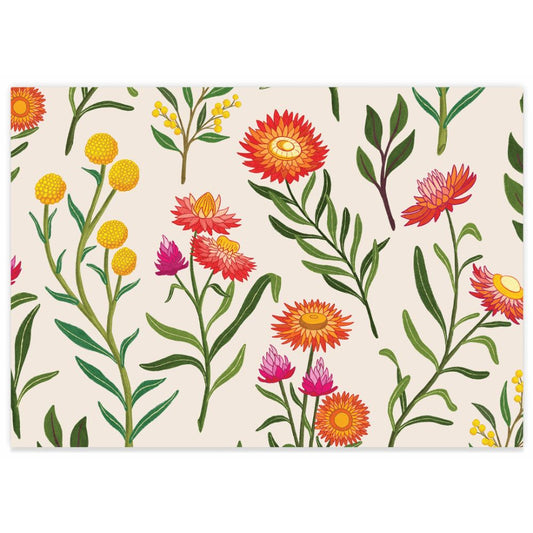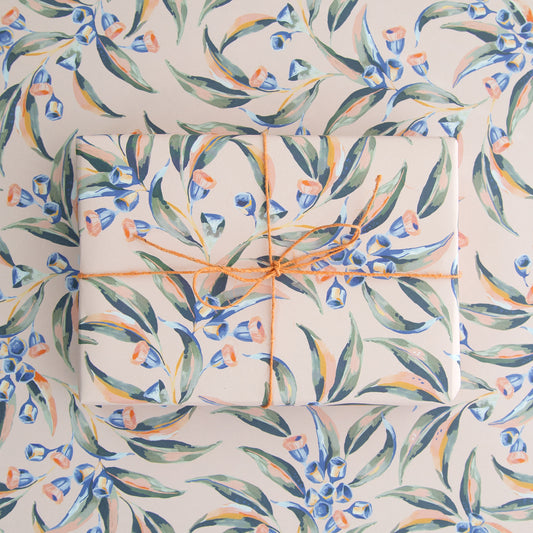Eggs are a common ingredient in many recipes, especially in baking. Eggs provide structure, leavening, moisture, richness and flavour to cakes, cookies, muffins, pies and more. For centuries, recipes have evolved using the convenience of home-grown chicken eggs.
But what if you are vegan or allergic to eggs? Or what if you simply run out of eggs and need a quick substitute? Don’t worry, there are plenty of vegan egg replacers that you can use in your cooking and baking. In this blog post, we will explore some of the best vegan egg substitutes for every type of recipe, and answer some frequently asked questions about vegan egg replacements.
Vegan Egg Replacer for Baking
Baking is probably the most challenging area when it comes to replacing eggs, as they play a crucial role in many baked goods. Depending on the recipe, you may need to use different vegan egg replacer to achieve the best results. Here are some of the most popular and effective vegan egg alternatives for baking:
Flaxseed meal - Flaxseed meal is ground flaxseeds that have a nutty flavour and a high omega-3 content. When mixed with water, flaxseed meal forms a gel-like consistency that mimics the binding and thickening properties of eggs. Flaxseed meal works well in recipes that require one or two eggs, such as cookies, muffins, brownies and pancakes. To make a flax egg replacer, simply mix 1 tablespoon of flaxseed meal with 3 tablespoons of water and let it sit for about 15 minutes until thickened. Use it as you would use an egg. Place on baking tray.
Chia seeds - Chia seeds are similar to flaxseeds in that they also form a gel when mixed with water. They are rich in fibre, protein and antioxidants, and have a mild flavour that won’t interfere with your baked goods. Chia seeds work well in recipes that require one or two eggs, such as cakes, breads, waffles and scones. To make a chia egg alternative, simply mix 1 tablespoon of chia seeds with 3 tablespoons of water and let it sit for about 15 minutes until thickened. Use it as you would use an egg in your recipe.
Aquafaba - The fascinating liquid from a can of chickpeas or other legumes is called Aquafaba. It has a neutral flavour and a viscous texture that resembles egg whites. When whipped with an electric mixer or a whisk, incredibly aquafaba becomes light and fluffy like meringue. Aquafaba works well in recipes that require whipped egg whites, such as meringues, macarons, pavlovas and cakes. To use aquafaba as an egg replacer, simply use 3 tablespoons of aquafaba per egg white in your recipe. You can also add a pinch of cream of tartar to help stabilise the aquafaba and make it easier to whip.
Apple sauce - Apple sauce is a sweet puree made from cooked apples. It adds moisture and sweetness to your baked goods, and works well in recipes that require one or two eggs, such as cakes, quick breads, muffins and bars. Apple sauce also helps to reduce the fat and sugar content of your recipes, making them healthier and lower in calories. To use apple sauce as an egg replacer, simply use 1/4 cup of apple sauce per egg in your recipe. You may need to adjust the amount of sugar and liquid in your recipe accordingly.
Banana - Banana is another fruit puree that can be used as an egg replacer in baking. It adds moisture and sweetness to your baked goods, and works well in recipes that require one or two eggs, such as cakes, quick breads, muffins and cookies. Banana also adds a distinctive flavour to your recipes, which can be a plus or a minus depending on your preference. To use banana as an egg replacer, simply use 1/4 cup of mashed banana per egg in your recipe. You may need to adjust the amount of sugar and liquid in your recipe accordingly.
Vegan yogurt - Vegan yogurt is a dairy-free yogurt made from soy, coconut, almond or other plant-based milks. It has a creamy texture and a tangy flavour that adds richness and moisture to your baked goods. Vegan yogurt works well in recipes that require one or two eggs, such as cakes, cupcakes, muffins and brownies. To use vegan yogurt as an egg replacer, simply use 1/4 cup of vegan yogurt per egg in your recipe. You may need to adjust the amount of liquid in your recipe accordingly.
Vegan egg replacer powder - Vegan egg replacer powder is a commercial product that is designed to mimic the properties of eggs in baking. It usually contains a blend of starches, leavening agents and binding agents that help to create structure, leavening and moisture in your baked goods. Vegan egg replacer powder works well in recipes that require one or two eggs, such as cookies, cakes, pies and breads. To use the powder, simply follow the instructions on the package. Usually, you will need to mix 1 tablespoon of powder with 2 tablespoons of water per egg in your recipe.
Vegan Egg Replacers for Cooking
Cooking is usually easier than baking when it comes to replacing eggs, as you have more flexibility and room for experimentation. Here are some of the best vegan egg substitutes for cooking:
Tofu - is a soy-based product that has a firm texture and a mild flavour that can be seasoned to your liking. Tofu works well in recipes that require scrambled eggs, omelettes or frittatas, such as breakfast burritos, tofu scramble or vegan quiche. To use tofu as an egg replacer, simply crumble or slice some firm or extra-firm tofu and cook it in a skillet with some oil and spices. You can also add some nutritional yeast, black salt or turmeric to enhance the colour and flavour of your tofu eggs.
Chickpea flour - Chickpea flour is a gluten-free flour made from ground chickpeas. It has a nutty flavour and a high protein content that makes it ideal for making vegan omelettes, crepes or pancakes. Chickpea flour works well in recipes that require thin and flat eggs, such as wraps, sandwiches or dosas. To use chickpea flour as an egg replacer, simply whisk some chickpea flour with water and salt until smooth and pour it into a lightly greased skillet over medium-high heat. Cook for a few minutes on each side until golden and firm.
Plantasy Foods Savoury Egg Mix - Made from Tapioca starch, white lupin flour, nutritional yeast, and pea protein, this is an egg replacement for plant-based quiches, frittatas, omelettes, tarts and more. One packet makes the equivalent to a dozen jumbo sized eggs
Frequently Asked Questions About Vegan Egg Replacers
Here are some common questions and answers about egg substitutes:
What can I replace eggs with in a cake?
Depending on the type of cake you are making, you can use different replacers to achieve the best results. For example, if you are making a moist cake like carrot cake or banana bread, you can use apple sauce or banana as an egg replacer. If you are making a fluffy cake like sponge cake or angel food cake, you can use aquafaba or vegan yogurt as an egg replacer. If you are making a dense cake like brownies or pound cake , you can use flaxseed meal or chia seeds as an egg replacer.
Can xanthan gum replace eggs?
Xanthan gum is a thickening and stabilising agent that can help to bind and add structure to your baked goods. Xanthan gum can replace eggs in some recipes, especially gluten-free ones, as it helps to prevent them from falling apart or becoming crumbly. However, xanthan gum cannot replace the leavening or moisture that eggs provide, so you may need to use other ingredients to compensate for that. To use xanthan gum as an egg replacer, simply use 1/4 teaspoon of xanthan gum per egg in your recipe.
Can applesauce replace eggs?
Applesauce can replace eggs in some recipes, especially those that require one or two eggs, such as cakes, quick breads, muffins and bars. Applesauce adds moisture and sweetness to your baked goods, and also helps to reduce the fat and sugar content of your recipes. However, applesauce cannot replace the leavening or binding that eggs provide, so you may need to use other ingredients to compensate for that. To use applesauce as an egg replacer, simply use 1/4 cup of applesauce per egg in your recipe. You may need to adjust the amount of sugar and liquid in your recipe accordingly.
How do I replace egg whites?
Egg whites are usually used for whipping, leavening or binding in recipes, such as meringues, macarons, pavlovas and cakes. The best alternative for egg whites is aquafaba, which is the liquid from a can of chickpeas or other legumes. Aquafaba has a neutral flavour and a viscous texture that resembles egg whites. When whipped with an electric mixer or a whisk, aquafaba becomes light and fluffy like meringue. To use aquafaba as an egg replacer, simply use 3 tablespoons of aquafaba per egg white in your recipe. You can also add a pinch of cream of tartar to help stabilize the aquafaba and make it easier to whip.
Conclusion
MORE READING
How to Make Delicious Recipes with English Tea Shop Teas
The Best Vegan Skincare in Australia
Find all your supplies here for Green Baking































